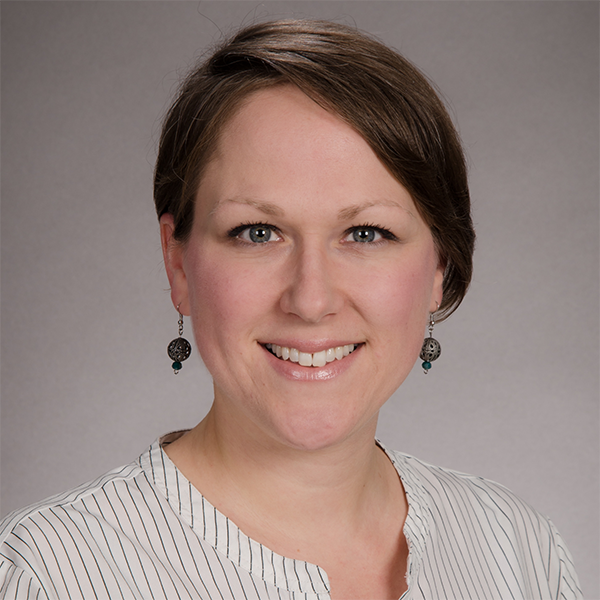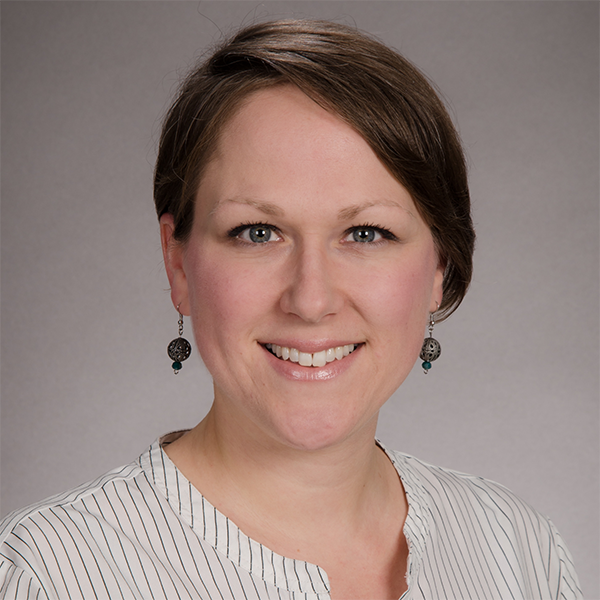Training and Funding to Ignite Your Research Career

Have you ever found yourself lost in the "alphabet soup" of research grants? There's a whole language surrounding types of research funding, specifically supported by the National Institutes of Health (NIH)1 – and learning it is a crucial skill if you intend to pursue this path. I offer the following tips based on what I have learned to date with the one caveat that I am early in this process myself.
The NIH uses a system of "activity codes" to identify the research programs they support. Its Institutes and Centers may differentially participate in these programs, and NIH may make Funding Opportunity Announcements (FOAs) if a specific type of application is desired. This is not by any means an exhaustive list, but the following are a few of the activity codes most relevant to cardiology fellows and early career cardiologists.
The T series is intended to provide individual research training opportunities to trainees at the undergraduate, graduate, and postdoctoral levels. Cardiology fellows would most commonly encounter the T32, an institutional-level award designed to prepare trainees for health-related research careers. This is typically a 1 to 2-year commitment, during which trainees will conduct a research study under the mentorship of a more senior investigator. In some cases, support is available for formal research training such as a master's degree in public health, health services or science.
The F series, most commonly the F32, indicates an individual-level fellowship award to further expand the research training of candidates who intend to become independent investigators, usually following time spent on a T32 or similar grant.
The NIH Loan Repayment Programs (LRP) are meant to help offset the cost of education incurred during advanced training and to counteract the financial pressure of choosing a research pathway as opposed to higher-paying private positions. The LRP will repay a portion of a researcher's educational debt as the investigator engages in NIH mission-relevant research over 2 years. These are typically pursued during or shortly following completion of training.
The K series, or research Career Development Awards (CDA), provide training opportunities at the individual and institutional levels. Common in cardiology are the K08 (mentored clinical scientist research CDA), K12 (clinical scientist institutional career development program award), KL2 (clinical translation research award), and the K23 (mentored patient-oriented research CDA). Other K-series awards are available for later career investigators. Over the course of these 2 to 5-year awards, trainees will design and complete a career development plan in addition to research studies, the conduct of which will enhance investigators' research skills.
The R series are research project grants, funded either independently (R01, R21) or in collaboration with a team of researchers (R24). Unlike the CDA, funds are not allocated to support the professional development of the grantee. Instead, all money is put toward a specific project to be completed over 2-5 years. This can include support for research coordinators, statisticians, etc. These grants as typically pursued following a K series grant, and investigators can hold or be partially funded by multiple R series grants.
In addition to NIH funding, scientists at all levels may be eligible for funding from professional organizations (like the ACC), foundations and industry. Who and what these funds support will vary. Particular attention should be paid to grant cycles, application timelines, and implications such as relationships that must be disclosed. Regardless of the type of funding pursued, these applications are often competitive, and may require multiple submissions. It is a good idea to plan one to two years ahead with your mentors and leave yourself plenty of time to compile and submit (then revise and resubmit) your applications.
- NIH Grants & Funding: https://grants.nih.gov/grants/funding/funding_program.htm

This article was authored by Jill M. Steiner, MD, FACC.
This content was developed independently from the content developed for ACC.org. This content was not reviewed by the American College of Cardiology (ACC) for medical accuracy and the content is provided on an "as is" basis. Inclusion on ACC.org does not constitute a guarantee or endorsement by the ACC and ACC makes no warranty that the content is accurate, complete or error-free. The content is not a substitute for personalized medical advice and is not intended to be used as the sole basis for making individualized medical or health-related decisions. Statements or opinions expressed in this content reflect the views of the authors and do not reflect the official policy of ACC.